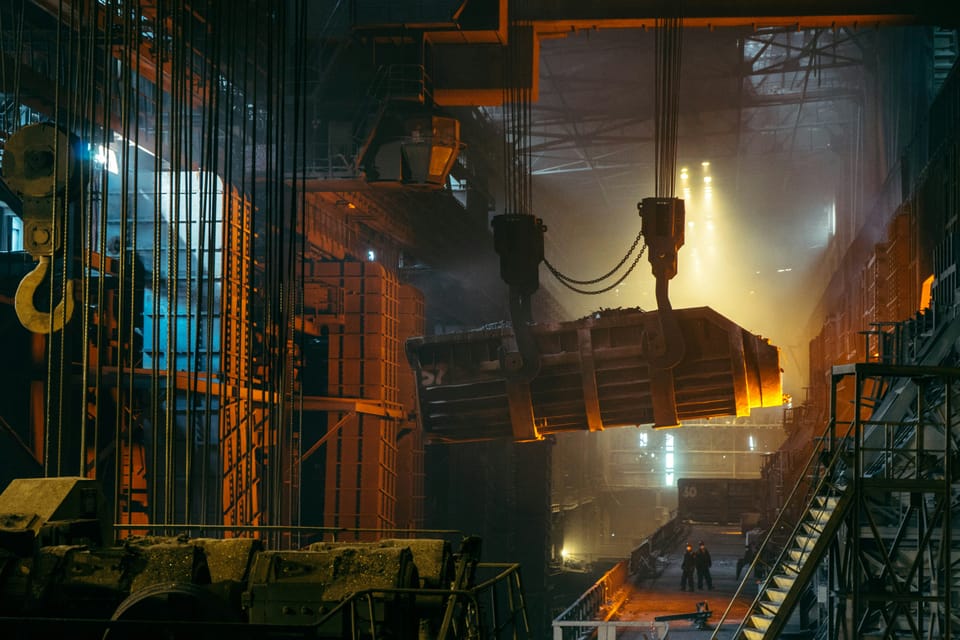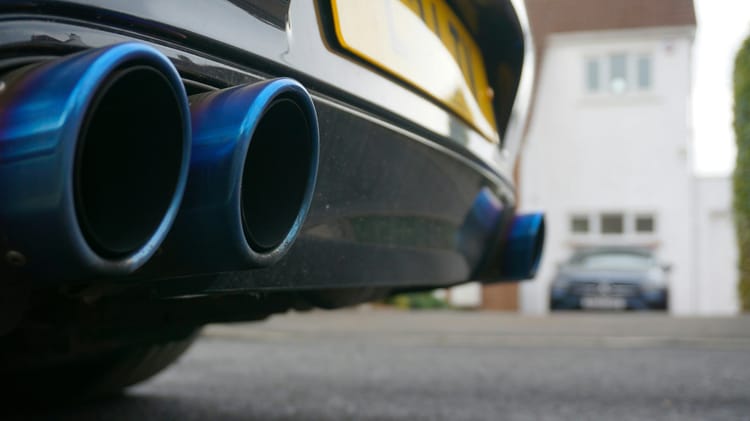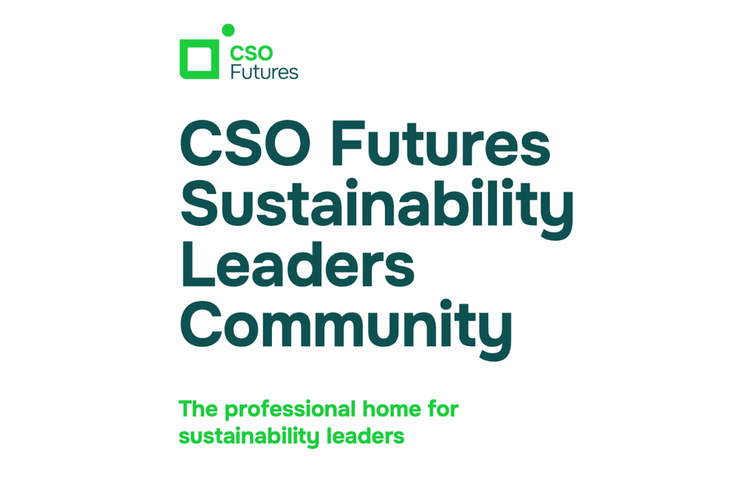BHP leads steel consortium to explore carbon capture hubs in Asia
Each potential hub will present cost and schedule estimates by the end of 2026.

Mining giant BHP is leading a consortium of steelmakers in assessing the potential for carbon capture, utilisation and storage (CCUS) hubs across Asia.
The consortium includes ArcelorMittal Nippon Steel India, JSW Steel, Hyundai Steel Company and other value chain players such as Chevron and Mitsui & Co – with Hatch as Project Management Officer in collaboration with Global CCS Institute, McDaniel, and Pace CCS. The group is open to additional members.







